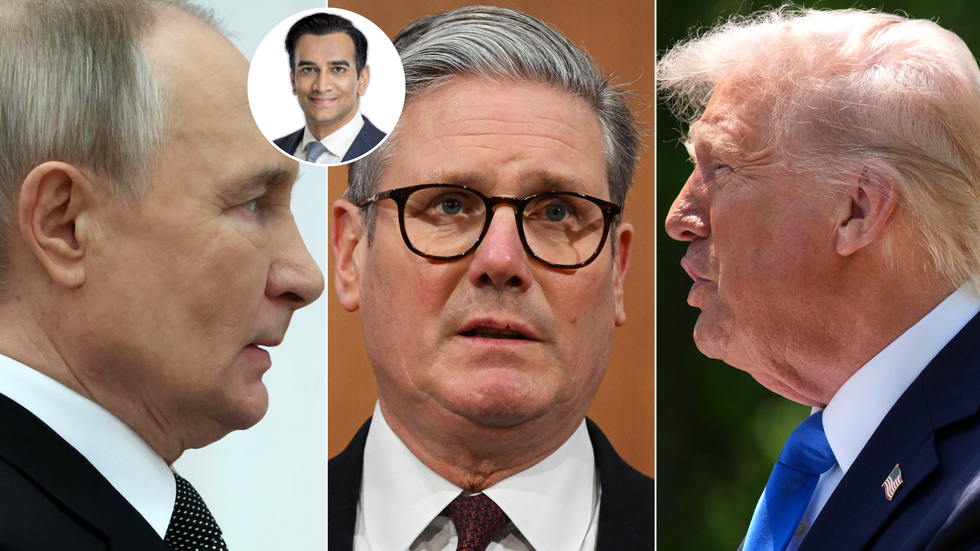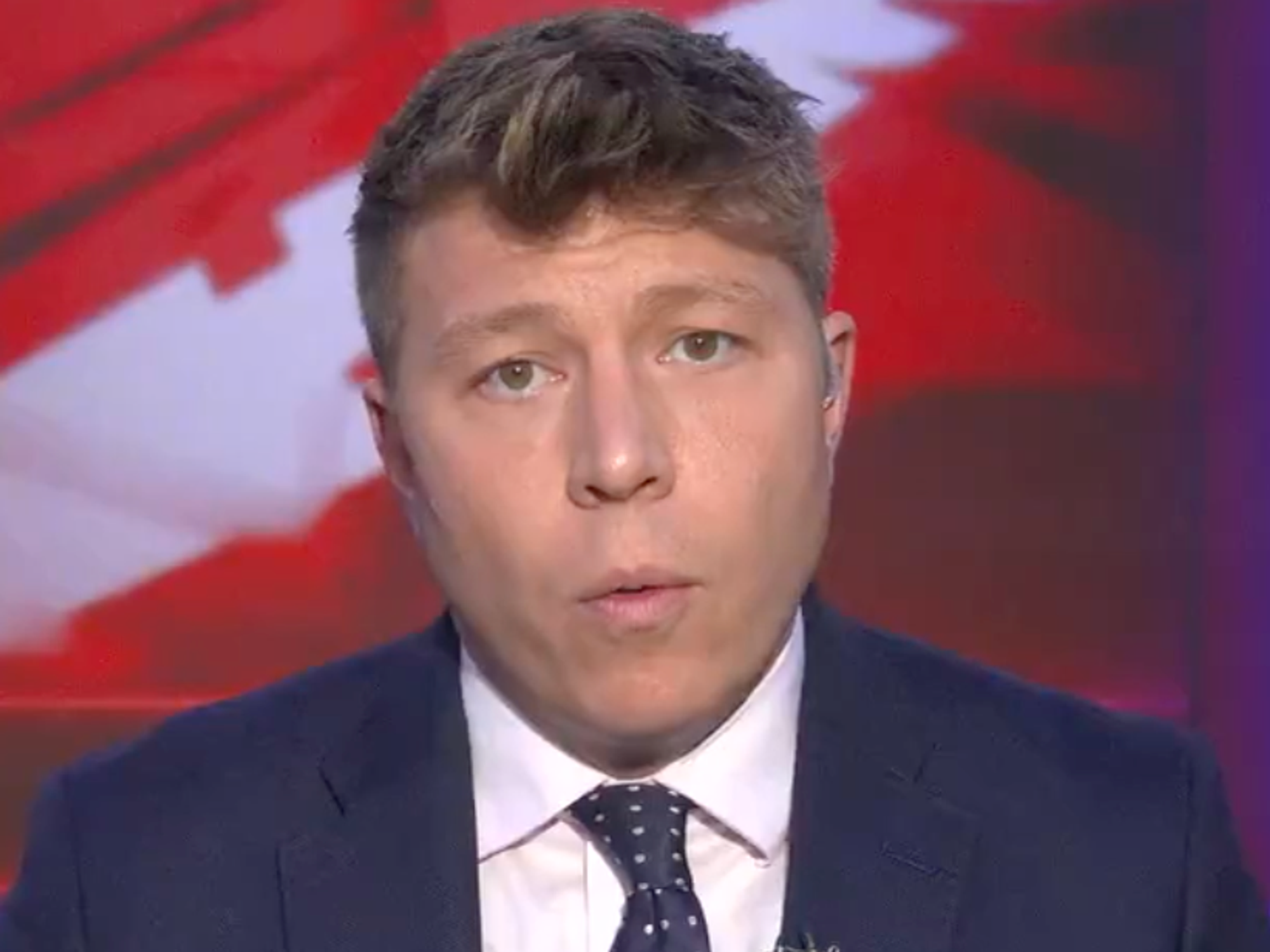Britain's history is being written today – and she is not even in the room - Dr Azeem Ibrahim
GB
| Donald Trump accuses Vladimir Putin of 'talking bulls***' as peace talks fall apart: 'I am VERY unhappy with him!'Donald Trump's summit with Vladimir Putin is both a warning and opportunity for Britain
Don't Miss
Most Read
Trending on GB News
This week, history is being written – and Europe is not even in the room.
In Alaska, Donald Trump and Vladimir Putin are meeting to push for an end to the war in Ukraine. It is the most significant geopolitical negotiation on European soil in decades, yet European leaders have been entirely excluded.
The war is in Europe. The consequences will define Europe’s security for generations. And still, Europe’s capitals can only watch from the sidelines.
This is not an isolated embarrassment. Only days earlier, Trump succeeded where countless European diplomats had failed.
For decades, Armenia and Azerbaijan have been locked in a bitter conflict, spilling blood over Nagorno-Karabakh and the surrounding territories.
The EU has hosted talks, issued statements, and postured as a peace broker. But the breakthrough came not in Brussels or Paris – it came in Washington. Trump brought both leaders to the White House and secured a historic peace agreement.
And while some European politicians, such as Estonian Prime Minister Kaja Kallas, tried to bask in the afterglow on social media, everyone knows where the deal was done.

Then came the tariffs. Faced with Trump’s hardball economic strategy, Europe’s leaders had no choice but to fold. Tariffs that would have once been met with retaliation were instead quietly accepted.
Europe’s economic decline has left it without leverage – dependent on American markets, reliant on American protection, and without the dynamism to fight back.
The deeper truth is that Europe is no longer producing the innovations or institutions that power global influence. There is not a single European university in the world’s top ten. Europe is not leading in artificial intelligence, quantum computing, or biotech.
The groundbreaking research and transformative technologies are coming from the United States – and increasingly from China.
Europe’s regulatory mindset, its obsession with consensus, and its bureaucratic inertia have stifled the risk-taking and ambition needed to compete.
In the 20th century, Europe still had a claim to global leadership. Its cultural, scientific, and industrial output shaped the world. But in the 21st century, it has become a geopolitical spectator.
Its military budgets have shrunk to the point of irrelevance, its economies have stagnated, and its politics have been paralysed by endless internal quarrels. Even in its own neighbourhood, it is the US that calls the shots – from the Balkans in the 1990s to Ukraine today.
The slide is structural, not cyclical. Europe’s demographic decline, its overregulation, its reluctance to project power, and its lack of strategic clarity all but guarantee further marginalisation. While Washington and Beijing shape the century ahead, Europe is retreating into irrelevance.
For Britain, this is both a warning and an opportunity. We are no longer shackled to the EU’s inertia. We can forge our own trade agreements, deepen our own alliances, and position ourselves as a nimble, global actor.
That means doubling down on our special relationship with the United States – the only Western power still capable of shaping world events. It means strengthening ties with fast-growing economies in Asia, Africa, and Latin America, where the real economic dynamism now lies.
And it means investing heavily in the industries of the future – AI, green tech, life sciences – so that we remain at the forefront of innovation rather than a consumer of other people’s breakthroughs.
Britain’s foreign policy should be defined by strategic opportunism: stepping into vacuums left by Europe, positioning ourselves as indispensable to Washington, and building coalitions that advance our national interest. This requires ambition, investment, and a clear-eyed view of the world as it is, not as we wish it to be.
Europe’s decline is not inevitable for us. But if we tether ourselves to its fate, we will share in its irrelevance. Our future lies in carving out our own place in the emerging global order – confident, independent, and engaged with the real centres of power.
History is being made without Europe. Britain must ensure it is not made without us.










